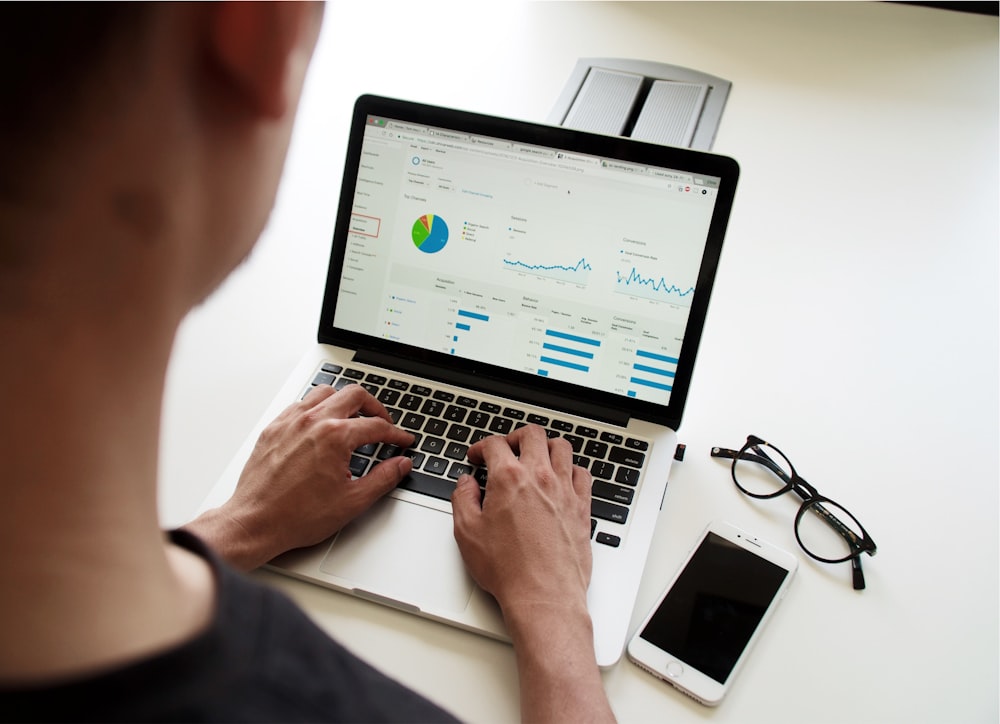Understanding Property Owners Liability:
Property owners liability is a critical aspect of safeguarding your assets and investments. It’s essential to explore this topic thoroughly to ensure you have the necessary coverage to protect yourself financially.
The Basics of Property Owners Liability:
Property owners liability refers to the legal responsibility that property owners have for any injuries or damages that occur on their property. This can include accidents such as slip-and-falls, dog bites, or property damage caused by negligence.
Coverage Options and Limits:
When it comes to property owners liability insurance, there are various coverage options and limits to consider. These can vary depending on factors such as the type of property you own, its location, and the level of risk associated with it. It’s crucial to understand your policy’s coverage limits to ensure you have adequate protection.
Understanding Premises Liability:
Premises liability is a specific type of property owners liability that pertains to injuries or damages that occur on your property. This can include injuries sustained by tenants, guests, or even trespassers. Property owners have a legal obligation to maintain safe premises and warn visitors of any potential hazards.
Protection Against Legal Claims:
One of the primary functions of property owners liability insurance is to protect against legal claims and lawsuits. In the event that someone is injured or sustains property damage on your premises and files a claim or lawsuit against you, your insurance can help cover legal expenses, medical bills, and any damages awarded.
Mitigating Risks and Preventing Accidents:
While property owners liability insurance is essential, it’s also crucial to take steps to mitigate risks and prevent accidents from happening in the first place. This can include conducting regular maintenance and inspections of your property, addressing any potential hazards promptly, and implementing safety measures such as proper lighting and signage.
Coverage Considerations for Different Properties:
The type of property you own can also impact your liability insurance needs. For example, if you own rental properties, you may need additional coverage to protect against tenant-related liabilities. Similarly, if you own commercial properties, you may face different risks and require specialized liability coverage.
Additional Endorsements and Coverage Options:
Depending on your specific needs and circumstances, you may have the option to add additional endorsements or coverage options to your liability insurance policy. This can include coverage for specific risks not included in standard policies, such as liquor liability or employment practices liability.
Consulting with Insurance Professionals:
Navigating the complexities of property owners liability insurance can be challenging. That’s why it’s essential to consult with insurance professionals who can provide expert guidance and help you assess your coverage needs. An experienced insurance agent or broker can help you understand your options and tailor a policy that provides the right level of protection for your assets.
Regular Reviews and Updates:
Finally, it’s essential to conduct regular reviews of your property owners liability insurance policy to ensure it remains up to date and provides adequate protection. As your circumstances change, such as acquiring new properties or making renovations, your insurance needs may evolve. By staying proactive and keeping your policy current, you can ensure that your assets are shielded against potential liabilities. Read more about property owners liability




